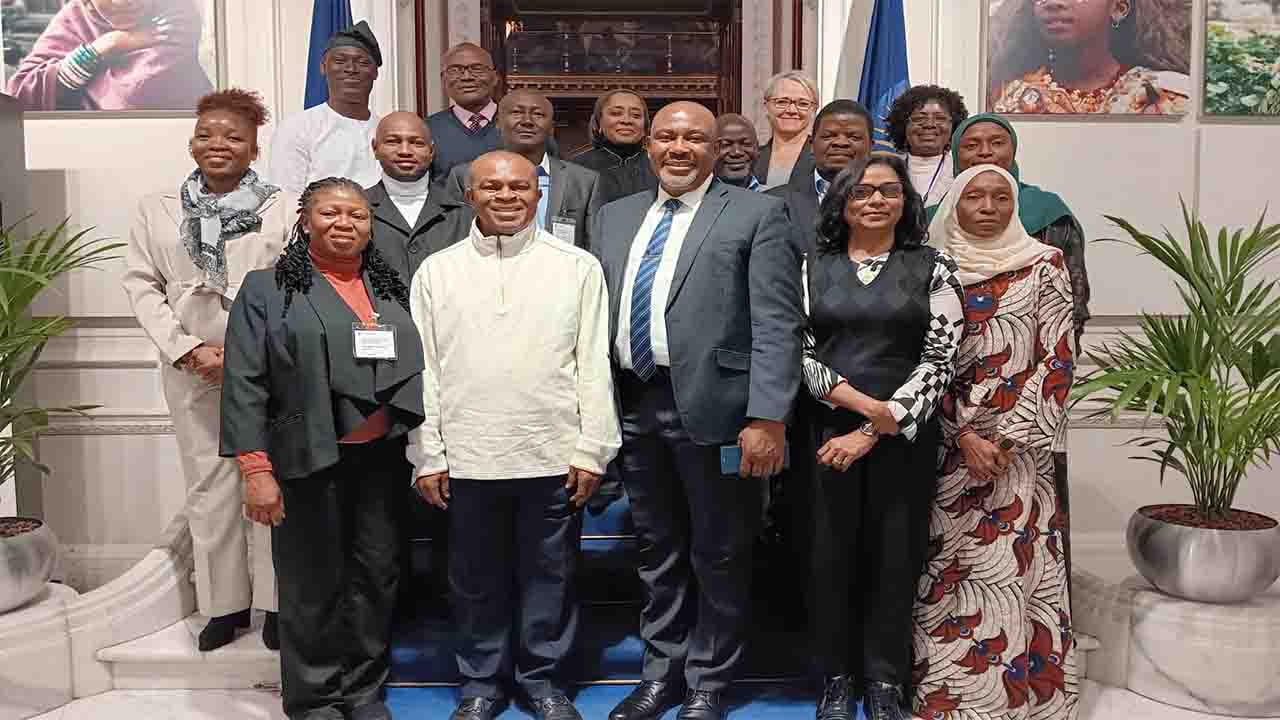India ( Commonwealth) _ Social media companies’ efforts to stop fake news, according to those monitoring the platform, are only partially effective since fraudulent messages spread more quickly than they can be removed. Cyber experts claim that misinformation campaigns are carried out by political parties and their followers with premeditated prejudices.
Facebook’s recent announcement that it has removed hundreds of pages associated with the ruling Bharatiya Janata Party and the main opposition Congress party in India put a sharp focus on the deceptive campaign being waged to sway nearly 900 million voters in what is turning into the largest general election in history, with social media serving as the main battlefield.
According to a recent press release, Facebook is making a lot of effort to stop the spread of incorrect information on the network by utilizing both human and technological review processes. In an attempt to dispel fake news, it has teamed up with seven media organizations and fact-checking agencies and increased attempts to ban fraudulent accounts. CheckPoint tipline is a hotline that WhatsApp developed to assist users in verifying the legitimacy of information shared on the network. In order to assist individuals in recognizing rumors, it has also implemented public education campaigns.
Bollywood celebrities Ranveer Singh and Aamir Khan have filed police charges in response to deepfake videos of them promoting a political party going popular on social media, to add to the most recent misinformation.
Before India’s general elections, which start on April 19, Khan warned voters to be wary of “jumle vaade,” a Hindi term that translates to “empty promises,” in a 27-second video clip that quickly gained popularity on social media. The actor may be seen applauding passages from one party’s platform for the current Indian elections in another video.
After analyzing the footage, the Indian fact-checking website AltNews discovered that Aamir Khan’s 2012–2014 program Satyamev Jayate had been edited with artificial intelligence.
Similar information may be found in a 41-second Singh video, in which the actor is seen criticizing the actions of the current Indian administration. The audio of the video, which is from an interview he had with the Indian news agency ANI, AI was used to alter its sounds.
A Singh representative informed ANI that the police were investigating after registering a First Information Report (FIR), which is the initial stage of any police process in India.
Political parties are hiring hundreds of cyber warriors to manage their social media cells and inspire tens of thousands of volunteers to target the over 300 million Facebook users and over 240 million WhatsApp users. As a result, spending on political messaging, memes, and videos has skyrocketed. In the next Indian election, the Congress Party seeks to reclaim its position at the heart of Indian politics as Prime Minister Narendra Modi’s Hindu nationalist BJP works to maintain its hold on power.
According to Jency Jacob, the head of the fact-checking website Boom, the biggest concern is the flagrant misappropriation of historical footage and pictures to portray a certain political party or leader as detrimental to the nation. The majority of individuals are not inclined to go back and confirm the veracity of what they are seeing. Facebook and Boom are working together to combat false information.
Fact checkers claim that in the wake of current tensions between India and Pakistan following a suicide attack in Indian Kashmir, fake news and hypernationalist texts and videos have spread to previously unheard-of proportions. A few instances are: Amit Shah, the leader of the Bharatiya Janata Party, is purportedly heard saying, “We all agree that we need a war to have elections.”
The fabricated article included audio clips from previous interviews that were put together to portray the BJP as engaging in war mongering to win over voters. Before it was removed, 2.5 million people saw it and shared it several times.
Conversely, a WhatsApp message propagated by someone else depicted the opposition Congress Party as being tolerant to militancy. It stated that if the party leader was elected to power, money would be given to release “terrorists” and “stone pelters” from prison. Later on, it was marked as false.
Political parties have simply gotten over WhatsApp’s efforts to stop the spread of false information in India by limiting forwards. They do this by using their volunteer army to build tens of thousands of groups on the messaging app, which is extremely popular among Indians. Ninety million young people are first-time voters, and Instagram is the newest social media tool being utilized to reach this demographic. The extent to which false news will impact social media during the next elections is unknown, but its capacity to sway public opinion is reason for concern. In a political environment, Pahwa believes that “the ramifications of disinformation and even humor are fairly significant.”

















